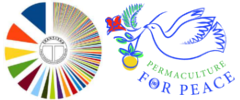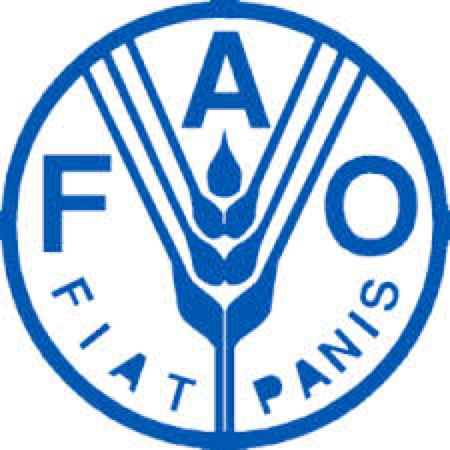http://www.fao.org/post-2015-mdg/news/detail-news/en/c/237616/
7/2014
Did you know that…
…more than 500 million family farms represent 90 percent of all farms, and produce most of the world’s food?
…farmers in low/middle income countries invest four times more in farms than their governments invest in the agriculture sector?
…it is estimated that if women had the same access to productive resources as men, they could significantly increase yields on their farms; raise total agricultural output in developing countries; and substantially reduce the number of hungry people in the world?
The impact that small food producers and family farmers can make as “change agents for sustainable agriculture and food systems” was the subject of an FAO co-hosted side event to the UN High Level Political Forum (HLPF) on Sustainable Development on Tuesday 1 July in New York.
The side event will explore how empowering family farmers, including small food producers pastoralists, fisherfolk, indigenous people, and foresters, can have a catalytic effect on achieving sustainable development.
“More than 500 million family farms, representing 90% of all farms, produce most of the world’s food,” said Sharon Brennen-Haylock, Director at FAO Liaison Office to the UN, speaking on behalf of the Rome-based Agencies, FAO, IFAD and WFP. “Their contribution to economic, environmental and social sustainability is key to facing the challenges of eradicating rural poverty and food insecurity. To keep playing this key role, family farmers need political commitment and an enabling policy environment capable of addressing their specific needs.”
The event builds on the momentum created by the International Year on Family Farming, and comes at a significant moment in the post-2015 process. Small food producers and family farmers are considered key actors in many of the issues currently being discussed at the Open Working Group, including poverty eradication, sustainable agriculture, gender equality, and the nexus between food production, climate and water security.
Monitoring and implementation of the post-2015 agenda is another key theme of the event which features the role of the Committee on World Food Security (CFS), the foremost inclusive international and intergovernmental platform on food security and nutrition.
Created at the UN Conference on Sustainable Development (Rio+20) in 2012, the High-level Political Forum on sustainable development is the main United Nations platform dealing with sustainable development.



